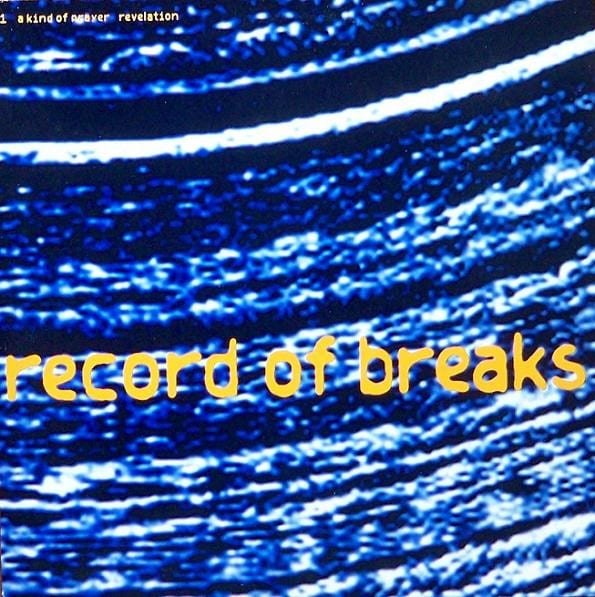A slow, organic pulse. Sounds of dry percussion echoing from dead angles behind our ears. Sparse cymbals, patient construction of layers, oscillations, nervous flows, and powder of architectural residues. The fibrous bass remains in its groove, a luminous beam guiding us through the dimness of this otherworldly, timeless space, illuminated only by the distant flights of mini-drones, whose chirps amplify and densify as we arrive… Arrive where exactly? At the point of sufficient brain massage to receive the fragmented messages of this voice, a secret apparition whose murmurs remain to be deciphered. One thing is certain, this album’s sound is of rare purity. Minimal + abstract, it should feel astral, but it could just as well be the sound of water in pipes. Or the half-life of hydrogen nitride in the veins of a giant blue star. Are we, in fact, in the depths of a giant computer’s electronic circuits or a space whale’s stomach, as large as a hundred times our poor solar system? “Is this cosmic too?” asks the lost pilgrim, bewildered and demoralized in the face of the immensity of the universe.
“Record Of Breaks” is an ill-suited name for this album; the Dutch formation, highly regarded by connoisseurs, is more of a master of continuity and the art of creating tracks that exceed fifteen minutes without boring for a single second. “Sheap?” is a dark-ambient dive that, through a mystical counterpoint (without a kick precisely), opens up vast possibilities, already broad after the basic-channelian rigor of the first track. It gradually edges with a minimal piano that unfolds its winter melancholy before an echo of KLF’s Chill-Out whispers into the intimate space created between us and the record. At this stage, you will either be charmed, intrigued, captivated, or you may have already left, but in any case, you’ll know what to expect from “Record of Breaks.” Without adding any color or nuance to this palette both refined and deep like a cloud of stars, “Truth” engages in a strangely torrid ballet that, together with “True,” forms a long piece of syncopated and fascinating techno—some introspective ascent along a hypnotic kundalini. In the end, the audio message contained in the probe dissolves into the otherworldly, as if transferred to another dimension.
As for “Kraak,” it simply reveals the hidden potential of this dry and harsh techno from the mid-90s (think Daft Punk – “Rollin’ and Scratchin’”), far from rave parties and closer to the Yellowstone seismograph, purring in a bacchanal of sub-basses as if compressed in an airtight chamber. Rarely has the electronic aspect of a track managed to fade into the background like this, to retain only the essence of the rhythmic journey and supreme elegance that real instruments seem too clumsy to achieve. Oblivion, this disregarded splendor of the ’90s in art, is nevertheless the only thing that allows rediscovering the digital and virginal purity of “Thru,” a final rhythmic marathon marked by the sound of a lightsaber slicing through the air, emitting an aurora trail, unfolding a prism of changing glow. In a way, it is the thousand times magnified version of the beautiful ambient break from the first track… A sound that seems to set the keynote for this album dedicated to the remnants of the passage of the electricity fairy, with the CD version concluding with a superb sound of an electric arc emitting a crystalline roar above our heads.
La version française originale de cette chronique est disponible sur Guts Of Darkness.

